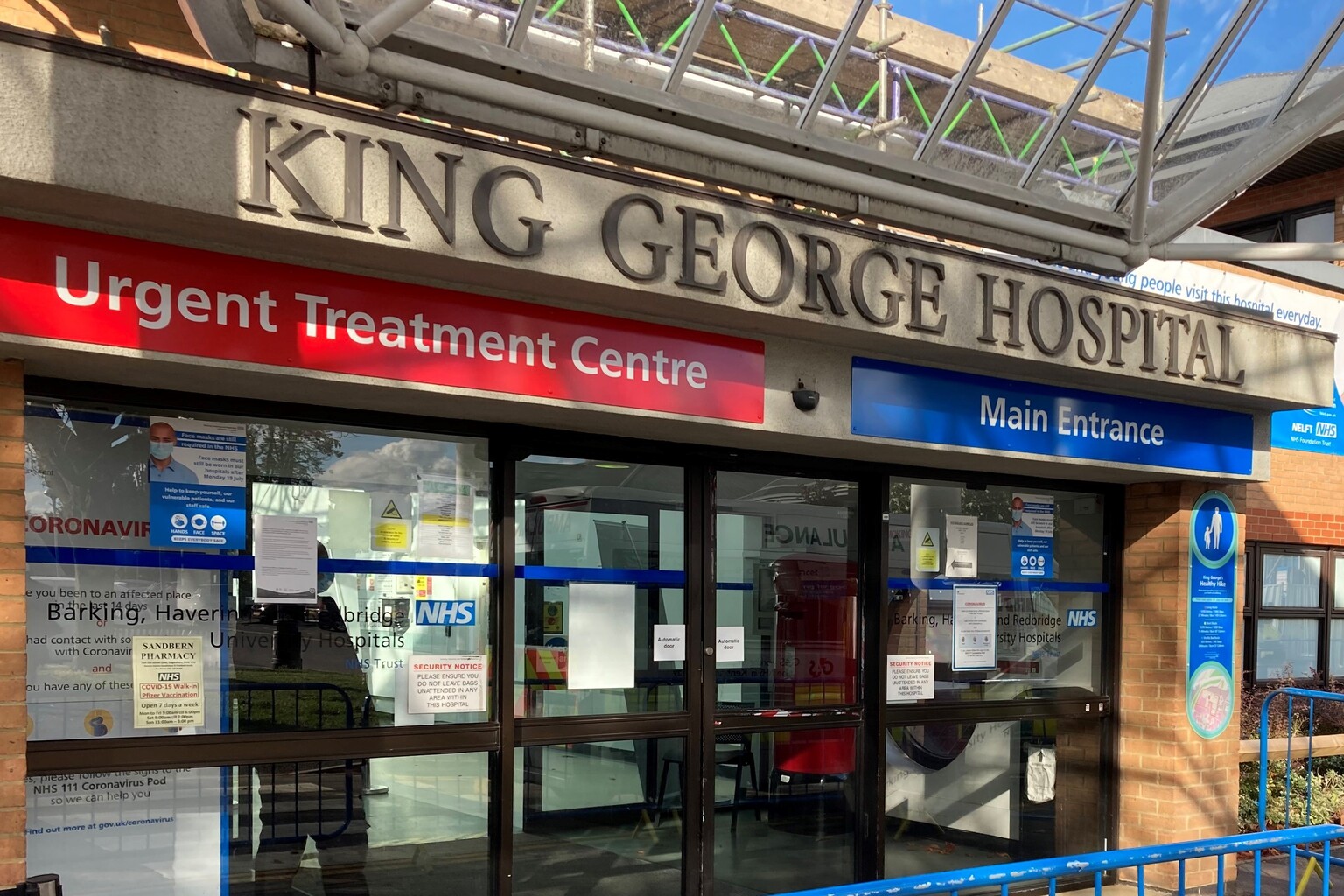Unification in today’s healthcare landscape
The healthcare industry today faces an array of unprecedented challenges that stretch the limits of its capacity and capabilities. Financial pressures, critical staffing shortages, pervasive worker fatigue, and the increasing complexity of patient care demands are among the primary obstacles. Compounded by the urgent need to seamlessly integrate technology into healthcare workflows, these issues underscore the need for a more integrated approach that connects teams to improve patient outcomes, enhance care team efficiencies, and reduce variability in care.
Critical staffing shortages underscore the need to have all the care team members on the same page and working efficiently with trusted decision support content. In February 2023, Department of Health and Human Services (HHS) data showed that 16.7% of reporting facilities anticipated a critical staffing shortage. In addition, 1 in 4 US nurses say they plan to leave the profession due to being overworked and understaffed.
Because of these challenges, the call for a more integrated approach has never been louder. Such an approach aims to streamline care team decisions at point of care to across the healthcare ecosystem, reducing friction and increasing employee satisfaction. When healthcare professionals are faced with complex patient care, either at point of care or across the ecosystem, an integrated content system is crucial.
In 2018, just over a quarter (27.2%) of US adults had multiple chronic conditions, with more than half (51.8%) having at least one of ten selected diagnosed chronic conditions.
A study using 2020 data estimated that overall, 45.4% of US adults reported any of six comorbidities.
The integration of care team decisions across the health ecosystem heralds a new era of healthcare delivery for complex decisions; one where the breadth and depth of healthcare knowledge is a requirement for patient safety.
Statistics reveal stark realities with 60% of physicians’ questions going unanswered daily and more than 1 in every 20 patients experiences preventable harm in healthcare globally, incurring costs associated with medication errors of approximately $42 billion USD globally. These figures accentuate the imperative for reliable, authoritative resources like UpToDate®, which 98% of clinicians trust as an indispensable point-of-care resource. Furthermore, the alarming exodus of healthcare workers, exacerbated by complex cases, overwork, and understaffing, accentuates the urgency for solutions that not only address immediate needs but also anticipate future challenges.





